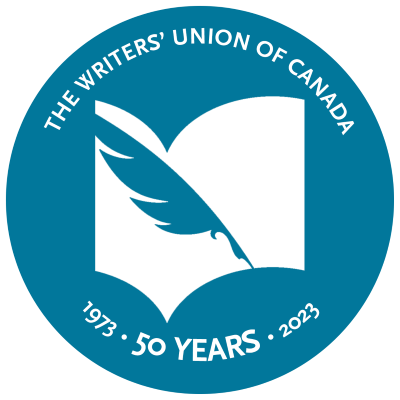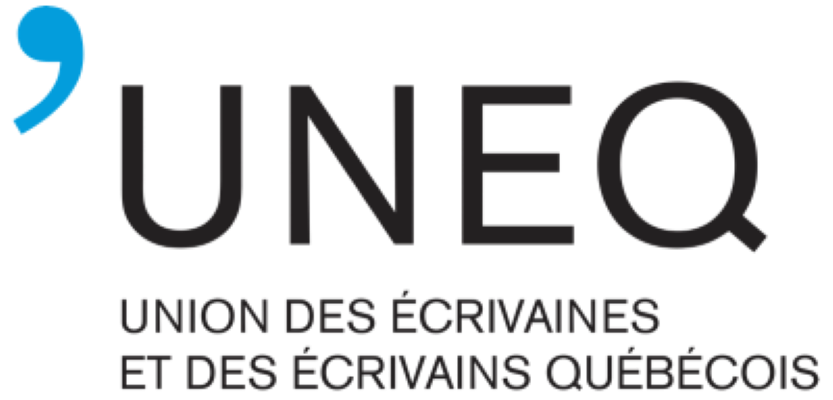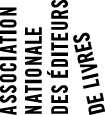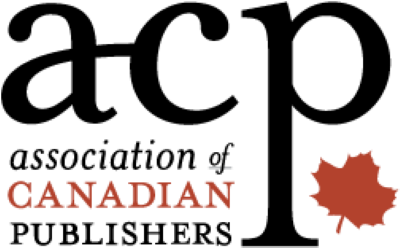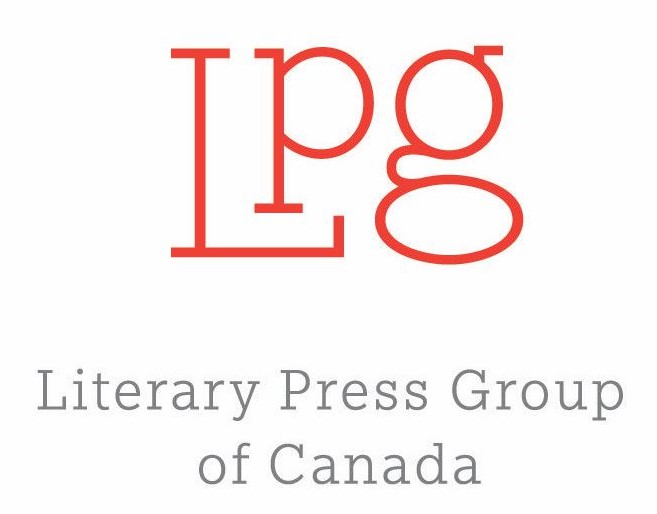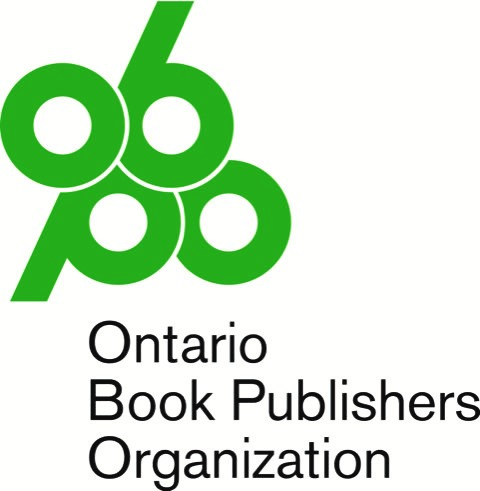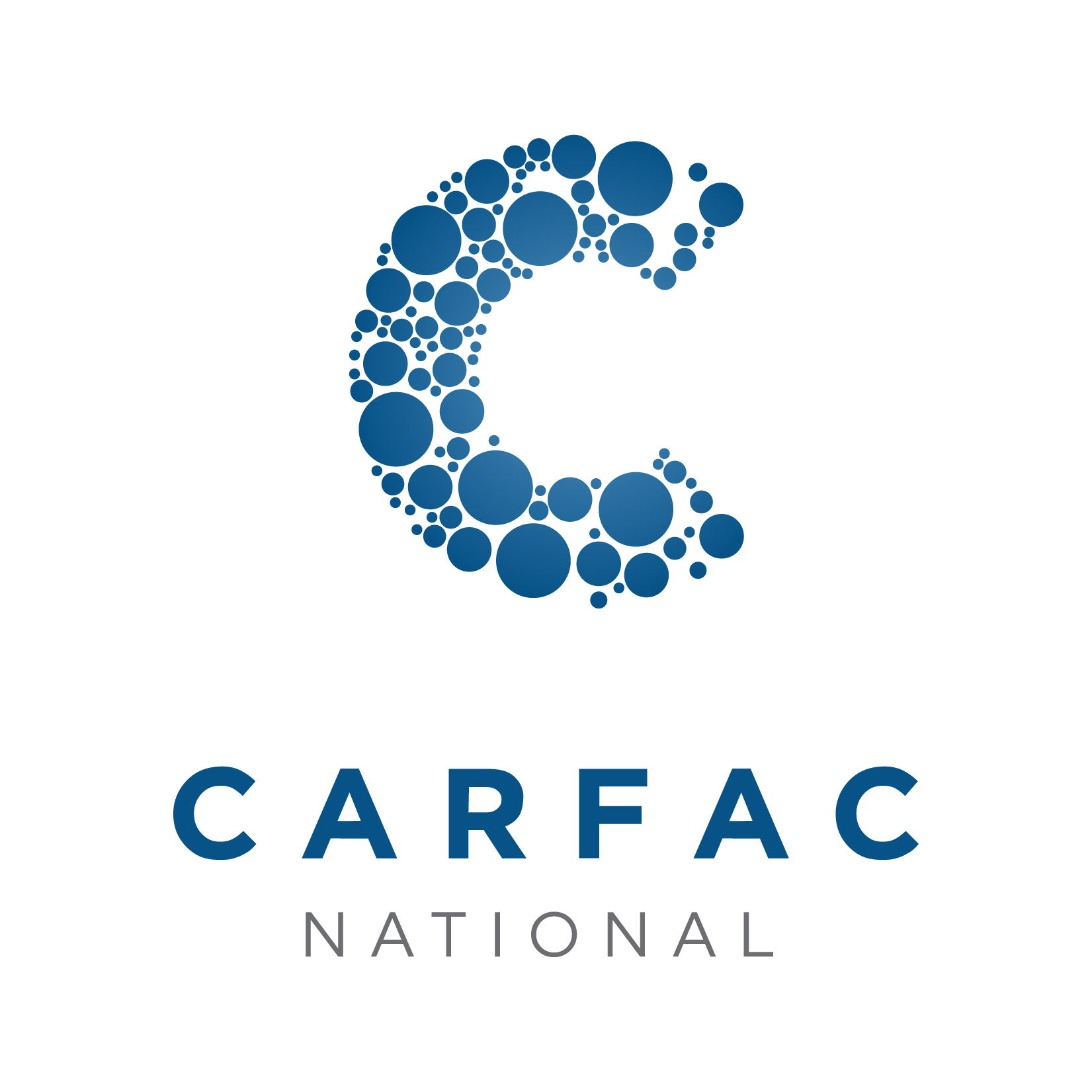On August 14, the Canadian Federation of Library Associations (CFLA) published a statement on their website entitled Don’t Blame Copyright for Declining Revenue. It Won’t Help Authors. The statement contains a litany of inaccurate assertions about copyright law and the current practice of educational copying in Canada, and positions authors and their publishers as “attackers” of libraries. What’s more, it repeats talking points from anti-copyright activists that have been rejected by courts and lawmakers alike.
We are a coalition of professional associations representing authors and publishers in Canada. We wish to express our profound disappointment with the CFLA statement.
It is unfortunate that a national library federation would choose to disrespect and malign the closest partners of the library system in Canada, especially at a time when the writing and publishing sector is reeling from hundreds of millions of dollars in lost income, job losses, and an overall contraction of our industry — a situation that should be concerning for any foresighted library professional.
When library budgets are threatened, writers and publishers lead protests to governments at all levels in order to restore and increase support. We volunteer our time, our work, and our talent to library causes and fundraisers. We cannot imagine the frontline library workers with whom we are regularly in contact would approve of the treatment of authors and publishers in the CFLA statement.
The undersigned organizations represent writers and publishers working in Canadian books. We are experts on what does and does not help authors, and we must state again, unequivocally, that the diminished state of the Copyright Act and uncompensated copying practices in Canada have hobbled our industry, and severely damaged the livelihoods of individual authors from coast to coast to coast. What’s more, vastly increased educational copying has not helped teachers or students, because it has shrunk the pool of fresh, professional Canadian content, and made it much harder to access.
We know this because we also operate on the front lines of education. Authors are regular guests in classrooms across the country. Writers also frequently work as teachers and librarians, and we count those professionals among our members as well. We have seen with our own eyes the degradation of materials budgets and the desperation of teachers trying to provide for their students. We have heard from many teacher- and librarian-writers that they work very hard to make sure access and compensation go hand in hand, even when misguided educational policy excuses non-payment.
Economic harm to creators and publishers comes as a result of the current regulatory environment
Author and publisher organizations do not blame libraries for threatening our economic viability. The very real damage to authors’ earnings comes from an unclear law that has been cynically misinterpreted by institutional budget-makers who refuse collective licensing. Author and publisher groups believe the responsibility for that unclear law lies with Canada’s lawmakers, not with libraries, and we have never asserted otherwise.
Copyright law sits at the center of transactional, subscription, and access licensing. In fact, without the ownership right copyright assigns, neither sale nor licensing of published material would be possible. Commercial authors must, and do, receive royalties in these arrangements, based on contracts and licenses. If scholarly writers forgo royalties, they do so by their own decision — possibly as academics they are expected to publish, and their salaries reflect that expectation. In any case, that decision itself is informed by copyright law.
In no way do current subscription, transactional, and access fees paid by libraries offset or excuse the massive amounts of unlicensed copying that happen every year elsewhere in Canadian education because of the misinterpretation that fair dealing permits such copying. Such use requires a license, and that license is currently not being paid.
Author and publisher groups do not contest genuine fair dealing, and we have been quite clear about that in public statements, court, and Parliamentary testimony. We use the fair dealing provision ourselves regularly and respectfully. At issue, rather, is a deliberate, institutional misinterpretation of the fair dealing provision. The result is hundreds of millions of copyright infringements per year in Canada’s educational sector. That is a fact proven by evidence accepted in Canada’s courts and at the Copyright Board. No decision by the Supreme Court has altered those findings. What is missing is proper definition and enforcement architecture, the creation and implementation of which, again, is the job of the federal government.
Collective copyright licenses represent a bargain to students and their educational institutions, and are calculated from the testing of actual use beyond fair dealing. License payments are for copying, either physical or digital, and no one pays twice for the same use. Anyone or any institution can opt out of copyright management through collective licensing, but if they do so they must obtain alternative licenses for every individual work of copyrighted material they intend to continue using. This is basic law.
In Access Copyright v. York University, the Supreme Court ruled on a question of mandatory tariffs, and explicitly declined to decide the question of fair dealing. As such, the lower courts’ findings on issues of fair dealing, which were informed by mountains of supporting evidence, remain unequivocally conclusive that the copying guidelines and practices at issue were not fair. The fact that York University lost on the question of copyright infringement is public record. Why is a national library association misstating legal history?
When Canada’s licensing agency, Access Copyright, recently announced a regrettable downsizing brought on by a steep, decade-long revenue decline, the word “library” did not appear in their statement. As always, our sector lays responsibility for the damage from ill-conceived 2012 copyright changes on the federal government, which is charged with repairing that damage, and has promised to do so. It is unclear why the CFLA would choose to insert itself into the layoff announcement, when no such connection was made.
Author and publisher groups support libraries
No author or publisher group is attacking libraries or educators for anything, and certainly not for lawful use of course materials as the CFLA statement suggests. As stated many times in many venues, the concern of our sector is with continued unlawful uses. If a frontline educator is told by their institution to copy in a way that is technically illegal, that is not the fault of the educator. That is an institutional policy failure created by an unreasonable misinterpretation of bad law.
We do not dispute that libraries spend money on content, or that those expenditures may have grown over the last decade. Of course, that has nothing to do with uncompensated copying. Our sector has long maintained that library budgets should be radically increased so that even more content can be legally obtained and/or copied for the use of library patrons, and so that everyone in the value chain can be fairly paid for their labour.
It is disturbing to see so little understanding from a national library organization of the interplay between copyright law, author incomes, and creative output. Commercial book sales are but a single element in the complex, difficult cobbling-together of income and livelihood for authors. Copyright law assigns a bundle of rights to authors, and their paid work includes royalties from large-scale educational copying. This is essential income in the work of cultural production, without which there is little chance of an author in Canada making a living from their labour. Author compensation is utterly dependent on copyright law. How does the CFLA not know this?
Canada’s writing and publishing sector’s longstanding history of advocating in support of libraries
Does the CFLA truly believe our organizations are not engaged with the Public Lending Right Program and the Canada Book Fund, and that we have not informed our members of these programs? These supports exist only because of our long history of advocacy and support for the entire sector, which includes libraries. It would be better perhaps for the CFLA to address the longstanding position of the International Federation of Library Associations (IFLA), to which it belongs, that Public Lending Right programs should not be considered for developing countries — a paternalistic position that treats writers and readers from these countries as second class to those in the rest of the world.
Canada’s writers and publishers will continue our advocacy in support of library budgets. We invite our library association colleagues to consider the question of copyright more deeply, to consult with us directly on questions of how we earn our livelihoods, and not to limit their research on these subjects to the anti-copyright activists so clearly parroted in their August statement.
DATE: September 5, 2023

